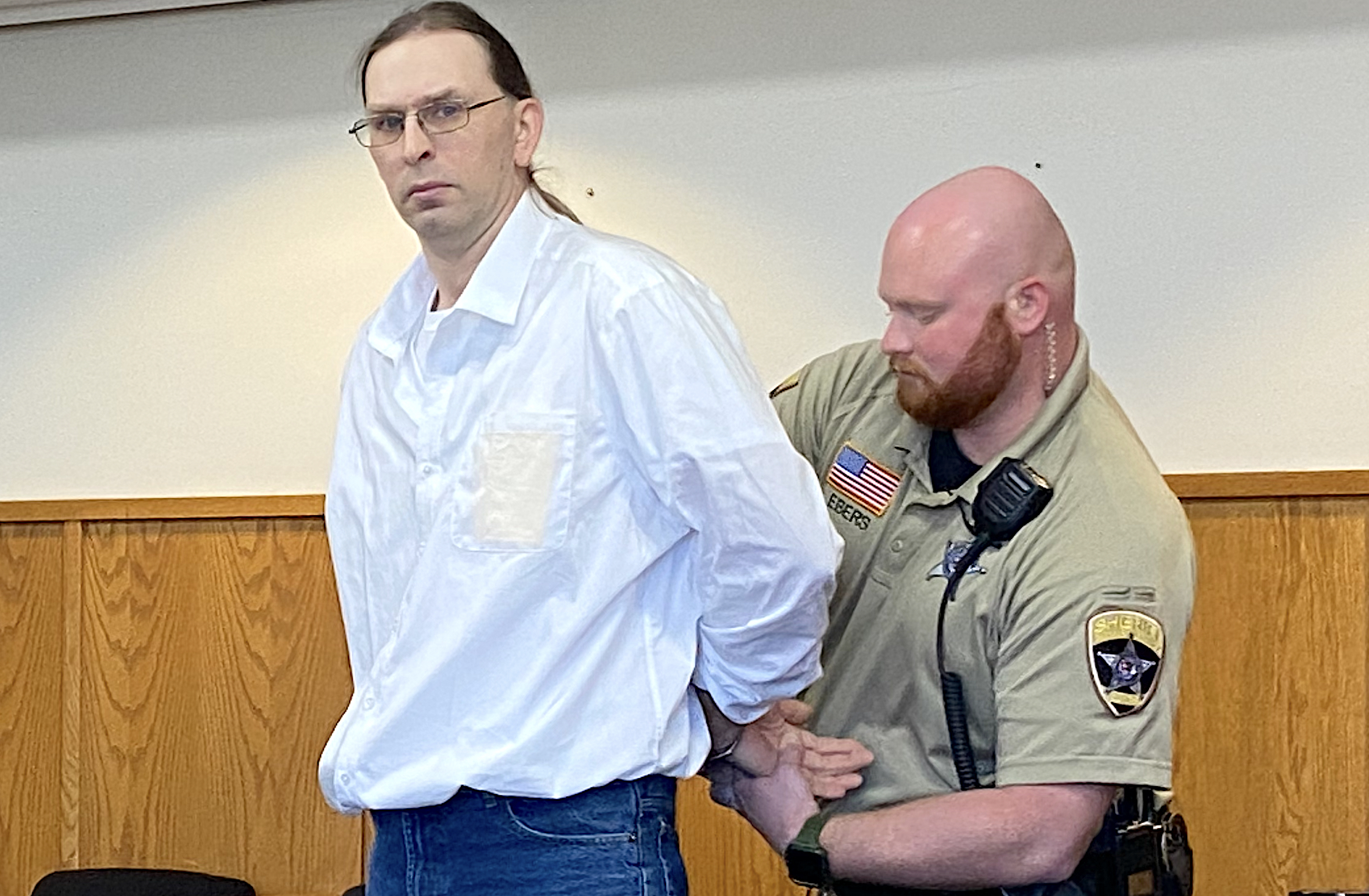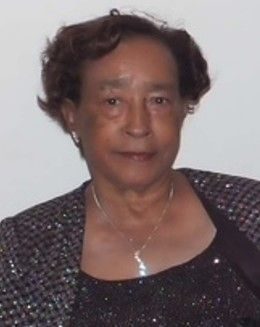Plainville man with more than 80,000 pornographic images, videos on cellphone given 12-year sentence

QUINCY — Judge Tad Brenner called Joshua Cress, who had more than 80,000 pornographic images and videos on his cellphone, a “very, very predatory and dangerous individual” when handing down a 12-year sentence to the Illinois Department of Corrections Monday morning.
Cress, 43, of Plainville appeared in Adams County Circuit Court on Monday morning with Public Defender Christopher Pratt before Brenner. As part of a plea agreement reached on Nov. 1, he pled guilty to one count of photographing a child for pornography, a Class 1 felony.
In an Adams County grand jury indictment returned on Jan. 19, Cress knowingly photographed a person who he knew was under the age of 18 and was depicted in a pose involving a lewd exhibition of the unclothed pubic area.
Cress also agreed to plead guilty to one count of possession of child pornography, a Class 2 felony. Charging documents filed March 10 say Cress knowingly possessed on his cellphone a video of a female family member who he knew to be under the age of 13 actually or by stimulation engaged in an act of masturbation.
Cress received two six-year sentences that will be served consecutively. He is eligible for 50 percent sentencing under Illinois’ truth in sentencing law. Five other counts were dismissed as part of the agreement.
Marilyn Hea, who provides evaluations and treatment for sex offenders, testified before Brenner issued his ruling. She said Cress has attended since May a weekly sex offender treatment group offered by her business.
“He pays attention and gives feedback to other members that is very positive,” she said. “Everyone in my class has the right to pass (from speaking) every week … and I don’t think he’s ever passed. He always participates. He adds thoughtful content to the class. He’s done a very, very good job.”
Pratt asked Hea if she believed Cress could continue to work and live without a significant risk of reoffending. Hea said it was “very possible.”
“We have to take steps to … keep his risk of sexual harm to the community low, with the combination of treatment,” she said. “Hopefully, we might get him a supervising officer and make sure he has no access to the Internet.”
Pratt said the first thing Cress said when law enforcement officials spoke with him was, “I need help.” He believed his actions since his arrests made him a good candidate for probation.
“Mr. Cress has been nothing but cooperative in this case every step of the way,” Pratt said. “Mr. Cress has been open and honest to everyone throughout the pendency of these cases. He sought an evaluation on his own, not by order of the court. It does not appear that he is just faking it, or he is sitting there not engaging (during Hea’s classes), being open and honest and cooperative in those counseling sessions as he learns different techniques and different skills to deal with the issues that brought us here today.”
Pratt said Cress has lived since July as if he were in home confinement. He also noted Cress’ lack of criminal history, as well as the fact he remains employed.
“In six years at the most, Mr. Cress is going to have to deal with society, and society is going to have to deal with Mr. Cress,” Pratt said. “What the court needs to consider is what happens during those six years. Will it make Mr. Cress more likely to comply with society’s rules or less likely? The court has an option to sentence him to a term of probation under which he’s essentially been operating since July.
“Mr. Cress is going to be sent to a specialized facility with other individuals who have been convicted of the same type of offenses. He will spend 24 hours a day for those six years around those other individuals. If we go and lock Mr. Cress in a cage for six years with other people with the same problems, is he going to be better for society when he gets out in six years? Or is he going to be worse?”
Assistant State’s Attorney Laura Keck told Brenner that law enforcement officials determined during their investigation that Cress was giving the minor living in his home a pill to “make her relaxed.”
“This was not simply a matter of the defendant possessing these thousands upon thousands of images, but he was actually producing child pornography of a family member,” Keck said.
She also noted Cress had been viewing child pornography images for more than 15 years. She said the counseling classes, the lack of criminal record and cooperation with law enforcement during the investigation were all factored into the plea negotiations.
“He was facing substantially more time without the plea negotiation, but … he should get credit for those things,” she said. “But further credit, Your Honor, is not warranted. There is a need in this type of case to protect the public. There is a need to not deprecate the seriousness of the events, and there’s a need to deter this type of activity from happening.”
Keck disagreed with Pratt’s argument that Cress has essentially been on home confinement.
“(Cress) thought it was OK to have garage sales with children present and went to (Quincy) Gems (baseball) games to be around children,” Keck said. “Quite frankly, had the Pretrial Fairness Act been in effect with these offenses, Mr. Cress likely would have been in jail. He just had the benefit of having someone able to post $30,000 (bond) in this case, which many other people don’t.”
She also said Cress made a statement on Dec. 11 during the pre-sentence investigation explaining he went into the room of the minor living in his home to use the flashlight on his phone because her room was “a mess.”
“We know that’s not true,” Keck said. “We know he was taking pictures. We now have a victim who indicates she’s constantly looking over her shoulder in fear. She’s worried about what’s going to happen. That’s not fair to her.”
Cress said there was no excuse for what he had done during a statement in allocution. He said has “turned to God” and was baptized after his first arrest.
“I started a program through my church (that) started to help me realize I needed God in my life,” he said. “I have prayed for probation so that my counseling and my class can continue to help me realize where this addiction came from and overcome this addiction so that not only can I be a better person, but maybe help others in my situation in overcoming our issues.”
Brenner said the number of images found on Cress’ cellphone was “absolutely staggering.” He said Cress missed two previous opportunities to seek treatment. One was in 2010 when a child saw Cress viewing pornography, and his wife also recently saw him with pornography.
“Both of those should have been wake-up calls that it is time to stop,” the judge said. “Instead, what we had was conduct escalating more and more.”
Miss Clipping Out Stories to Save for Later?
Click the Purchase Story button below to order a print of this story. We will print it for you on matte photo paper to keep forever.

